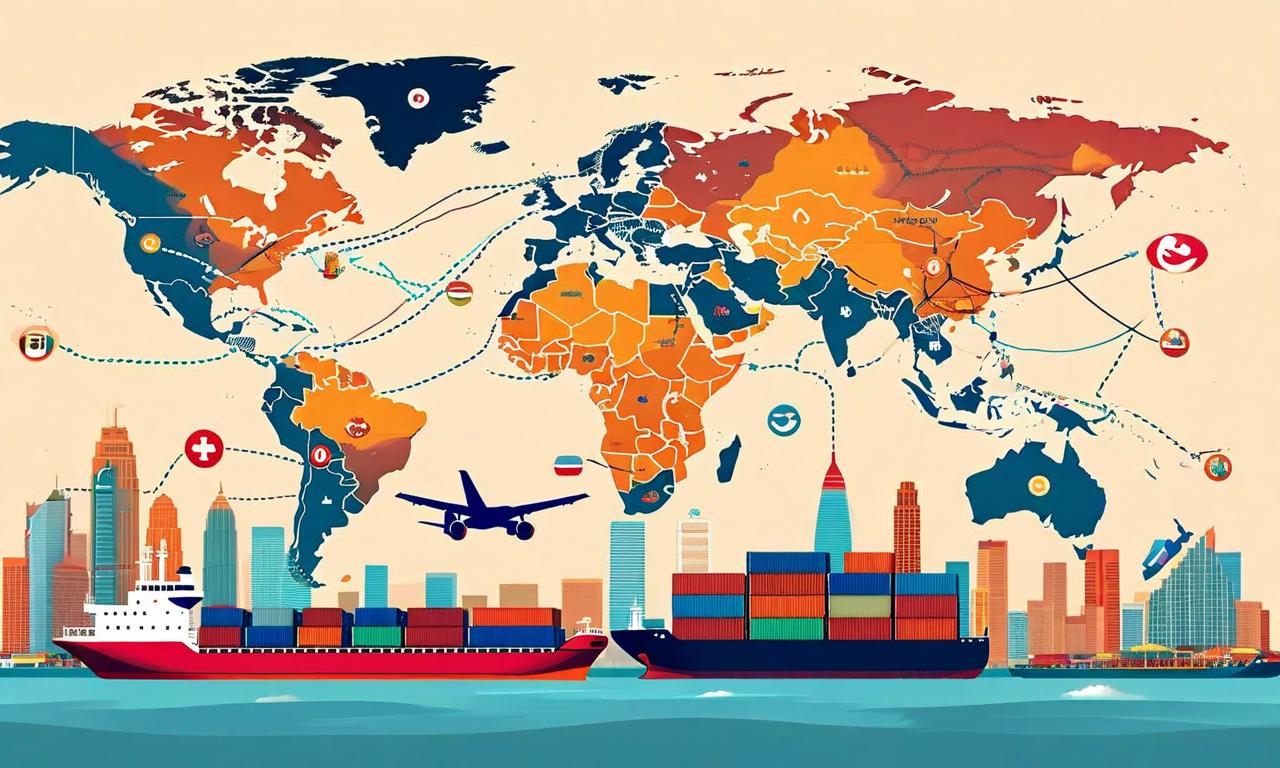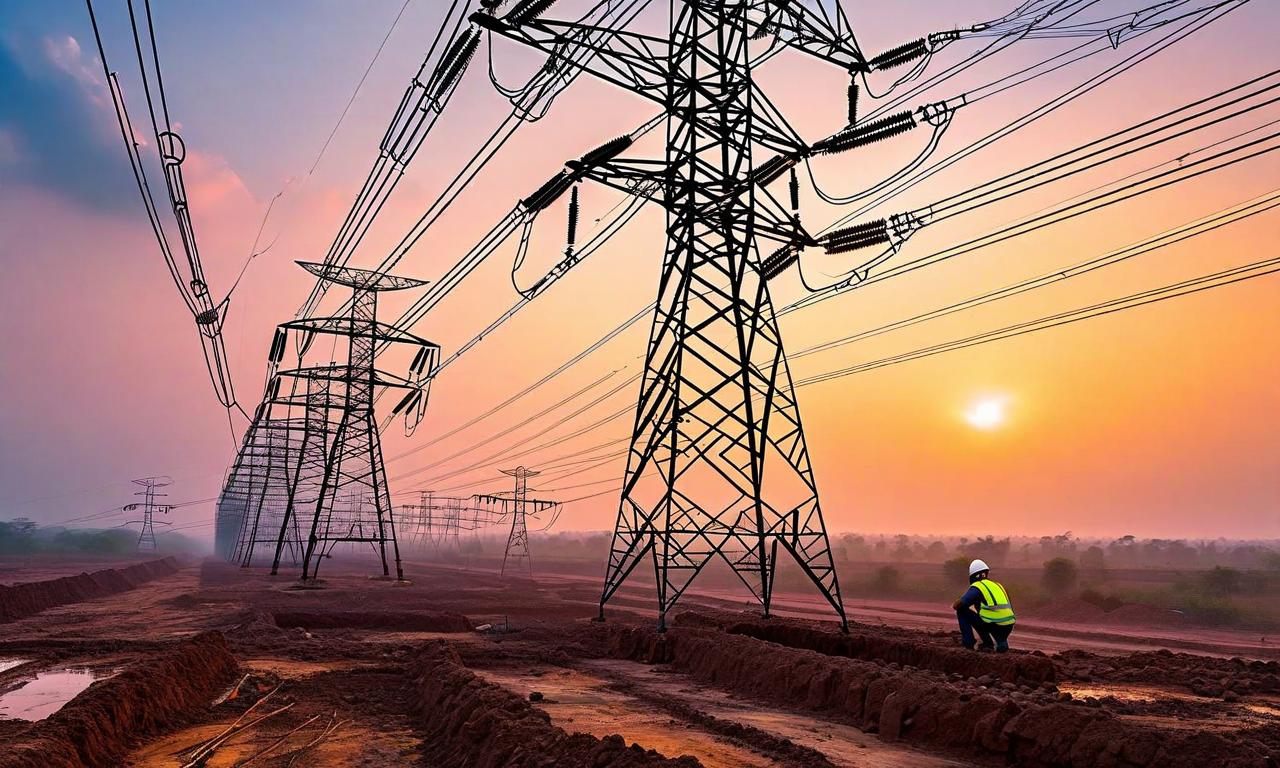Canada Seeks to Strengthen Ties with China and India Amid US Trade Tensions
Canada's Foreign Minister Anita Anand is visiting New Delhi, Mumbai, Singapore, and Hangzhou, China, to strengthen trade and investment ties. This move reflects a shift in Canada's foreign policy under Prime Minister Mark Carney, prioritizing economic interests. Canada faces trade disputes with China and India but is taking steps to normalize relations. The mission occurs amid US-China trade tensions and declining domestic support for EV tariffs in Canada. Anand indicated that trade discussions with India would resume after resolving diplomatic issues.

*this image is generated using AI for illustrative purposes only.
Canada's Foreign Minister Anita Anand is embarking on a diplomatic mission to New Delhi, Mumbai, Singapore, and Hangzhou, China, in a bid to bolster trade and investment ties. This move signals a shift in Canada's foreign policy under Prime Minister Mark Carney, prioritizing economic interests over previous approaches.
Diplomatic Challenges and Opportunities
Canada currently faces trade disputes with both China and India:
| Country | Trade Disputes |
|---|---|
| China | Imposed tariffs on Canadian canola, pork, and seafood |
| India | Deteriorated diplomatic relations due to allegations regarding a |
| Sikh separatist's murder on Canadian soil |
Despite these challenges, Canada is taking steps to normalize relations:
- With India: Appointing new ambassadors and establishing intelligence-sharing structures
- With China: Maintaining tariffs on Chinese electric vehicles, steel, and aluminum while seeking relief from US steel and aluminum tariffs
US-China Trade Tensions
The global trade landscape is further complicated by ongoing US-China tensions:
- Trump threatened additional 100% tariffs on Chinese products
- This threat caused equity markets to decline
- Trump later signaled openness to a truce
Canada's Balancing Act
Canada is navigating a complex geopolitical landscape:
- Seeking to strengthen ties with China and India
- Managing the impact of US-China trade tensions
- Addressing domestic concerns, such as declining public support for EV tariffs (dropped to 44% from 63%)
Future Outlook
Foreign Minister Anand has indicated that trade discussions with India will resume after diplomatic agreements are reached. This approach underscores Canada's commitment to resolving diplomatic issues as a precursor to enhancing economic ties.
As global trade dynamics continue to evolve, Canada's efforts to strengthen relationships with key Asian partners while managing its relationship with the United States will be crucial for its economic interests and geopolitical standing.





























